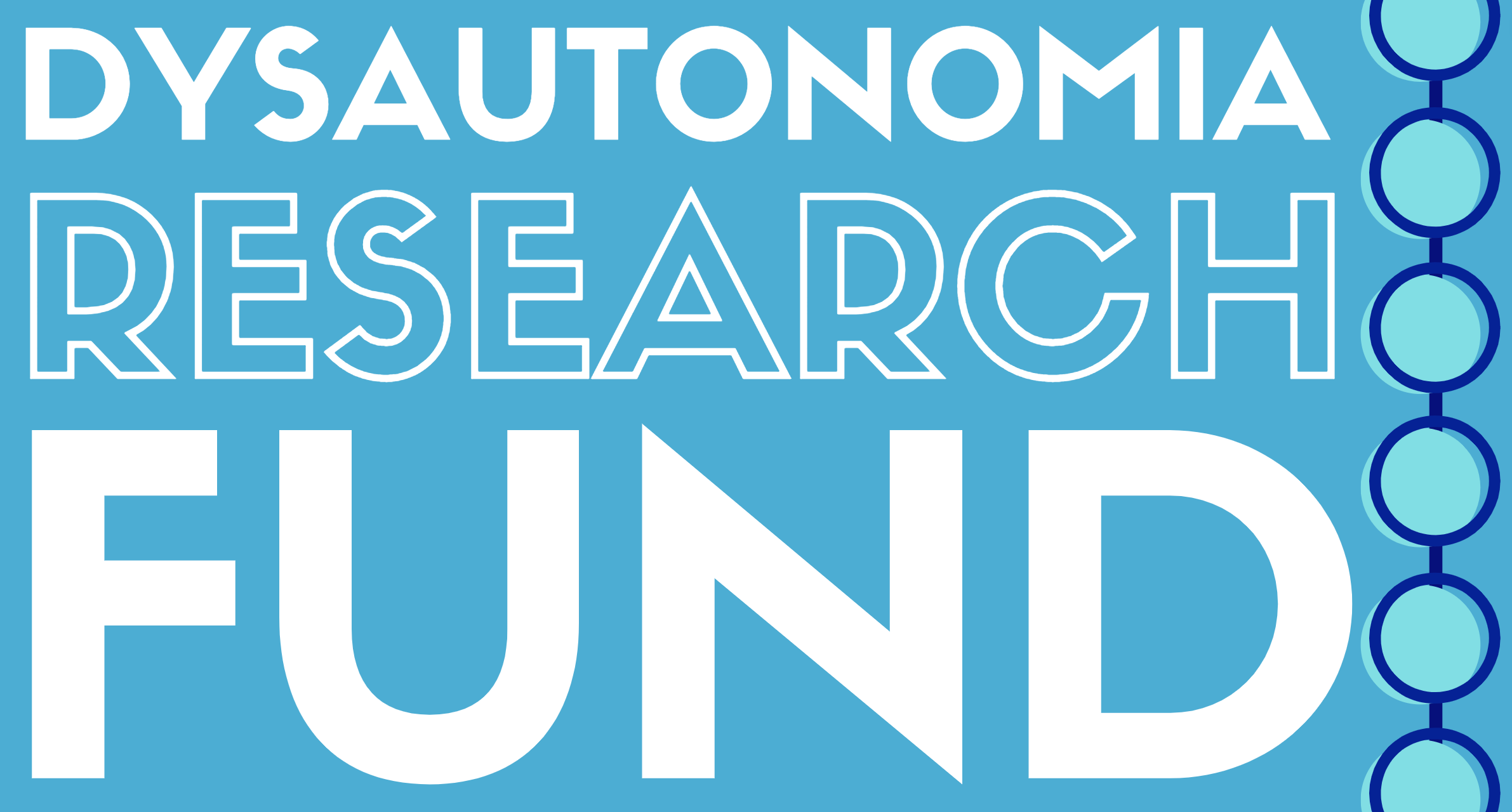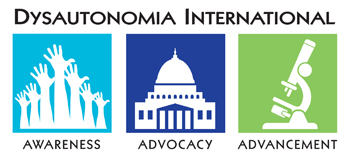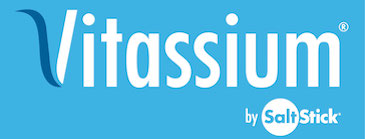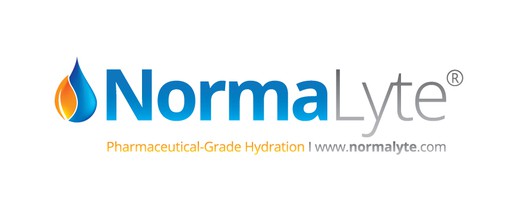Home >> Research >> Dysautonomia Research Fund
After the success of our POTS Research Fund, Dysautonomia International created the Dysautonomia Research Fund in 2021 to create a dedicated stream of funding for research on other autonomic disorders including:
- neurocardiogenic/vasovagal syncope
- inappropriate sinus tachycardia
- idiopathic orthostatic intolerance
- autoimmune autonomic ganglionopathies
- autoimmune autonomic neuropathies
- idiopathic autonomic neuropathies (including small fiber neuropathies)
- gastrointestinal disorders due to autonomic dysfunction or autonomic neuropathy
|  
|
100% of donations to the Dysautonomia Research Fund will go to support dysautonomia research grants on the above conditions. Please make a contribution today to help us advance the pace of research and find better treatments for individuals living with autonomic nervous system disorders!
Each year we invite researchers from around the world to apply for our research grants. All research proposals are reviewed by independent experts, members of our Medical Advisory Board, members of our Patient & Caregiver Advisory Board, and our Board of Directors, to ensure the funded projects are of high scientific value, and provide meaningful information that can improve the lives of dysautonomia patients.
Dysautonomia Research Fund Studies Funded To Date
2021
SCN9A mutations as a possible contributing factor to Primary Dysautonomia
Investigator: Malcom Brock, MD, Johns Hopkins University
Dr. Brock is performing genetic screening in families that have multiple blood relatives who have various forms of idiopathic dysautonomia (orthostatic intolerance, gastroparesis, hyperhidrosis, etc.), looking for SCN9A (sodium channel) abnormalities. Sodium channels play an important role in the autonomic nervous system and pain signaling. Preliminary data suggests some of these families have altered genetics or genetic expression of their sodium channels. If confirmed, this may open the door to new treatment approaches for dysautonomia patients who have sodium channel abnormalities.
2022
Open-label prospective study for immune therapies in autoimmune gastrointestinal dysmotility
Investigator: Dong-In Sinn, MD, Stanford University
Dr. Sinn is studying the use of intravenous immunoglobulin (IVIG) in dysautonomia patients who have significant autoimune gastrointestinal dysmotility, which is sometimes known as AGID.
Transcranial Doppler Equipment Grant
Investigator: Nathaniel Robinson, MD, Dartmouth-Hitchcock Medical Center
Equipment grant to purchase a Transcranial Doppler Device to measure cerebral blood flow for the purposes of dysautonomia research and clinical care at the Dartmouth autonomic lab
Transcranial Doppler Equipment Grant
Investigator: Tae Chung, MD, Johns Hopkins University
Equipment grant to purchase a Transcranial Doppler Device to measure cerebral blood flow for the purposes of dysautonomia research and clinical care at the Johns Hopkins autonomic lab
Transcranial Doppler Equipment Grant
Investigator: Melissa Cortez, DO, University of Utah
Equipment grant to purchase a Transcranial Doppler Device to measure cerebral blood flow for the purposes of dysautonomia research and clinical care at the University of Utah autonomic lab
Transcranial Doppler Equipment Grant
Investigator: Satish Raj, MD, MSCI, University of Calgary
Equipment grant to purchase a Transcranial Doppler Device to measure cerebral blood flow for the purposes of dysautonomia research and clinical care at the University of Calgary autonomic lab
Learn about other grants we have issued from our POTS Research Fund and Long COVID Research Fund.
How to Support This Important Research
Donate by Credit Card
Make a secure donation through our website.
Donate by Check
Print out this Donation Form and follow the instructions on the form to mail in your donation check. If you write "Dysautonomia Research Fund" in the memo line of your check your donation will go directly to fund dysautonomia research.
Create a Facebook Fundraiser
Create a personalized fundraising page on Facebook and ask your friends and family to donate to the Dysautonomia Research Fund. Be sure to let your friends and family know why the Dysautonomia Research Fund is important to you.
Host a Fundraiser
Hosting a fundraiser is a great way to raise awareness and raise money for research, like a Cupcakes for a Cure bake sale or a Dress Down Day for Dysautonomia Research at your school or office. Check out some other fundraising ideas for inspiration.
Employer Matching Gifts
Ask your employer if they will contribute matching funds to charities that you donate to. This is great way to double your donation to the Dysautonomia Research Fund.
| | |
|
|



